The Treasury Department has raised concerns about Florida’s new anti-woke banking law, warning it could potentially allow criminals to exploit the U.S. financial system. This law, signed by Florida Governor Ron DeSantis in May, prohibits banks from considering non-financial factors such as politics, religion, or environmental, social, and corporate governance (ESG) when conducting business. This presentation will explore the key aspects of this law, the opposing views, and the potential implications for Americans.

What is the Anti-Woke Banking Law?
Florida’s new law, HB 989, signed by Governor Ron DeSantis, aims to ensure that banks do not consider factors like politics, religion, or ESG in their business decisions. The law states that it would be “unsafe and unsound” for banks to take these non-financial factors into account. Governor DeSantis asserts that this law will protect consumers from being forced to adopt certain ideologies or political behaviors.
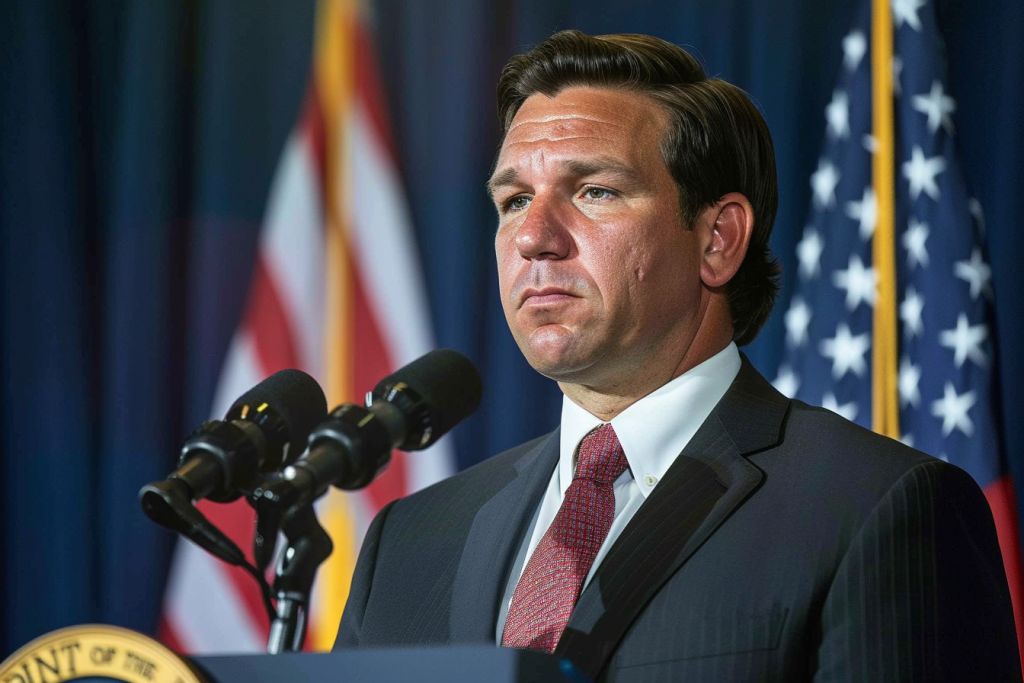
Governor DeSantis’ Perspective
Governor DeSantis introduced HB 989 to strengthen protections for consumers in Florida. He argues that the law will ensure conservative groups and industries, such as the firearms sector, have fair access to financial services. According to DeSantis, the law will prevent banks from freezing or closing accounts based on political or religious beliefs, thus combating discrimination.

Specific Protections Under the Law
The law makes it illegal for banks to deny, cancel, suspend, or terminate services based on several non-financial factors. These include a person’s political opinions, speech, affiliations, engagement in lawful firearms activities, and involvement in fossil fuel-based energy, timber, mining, or agriculture industries. The law also mandates that decisions must be based on quantitative, impartial, and risk-based standards.
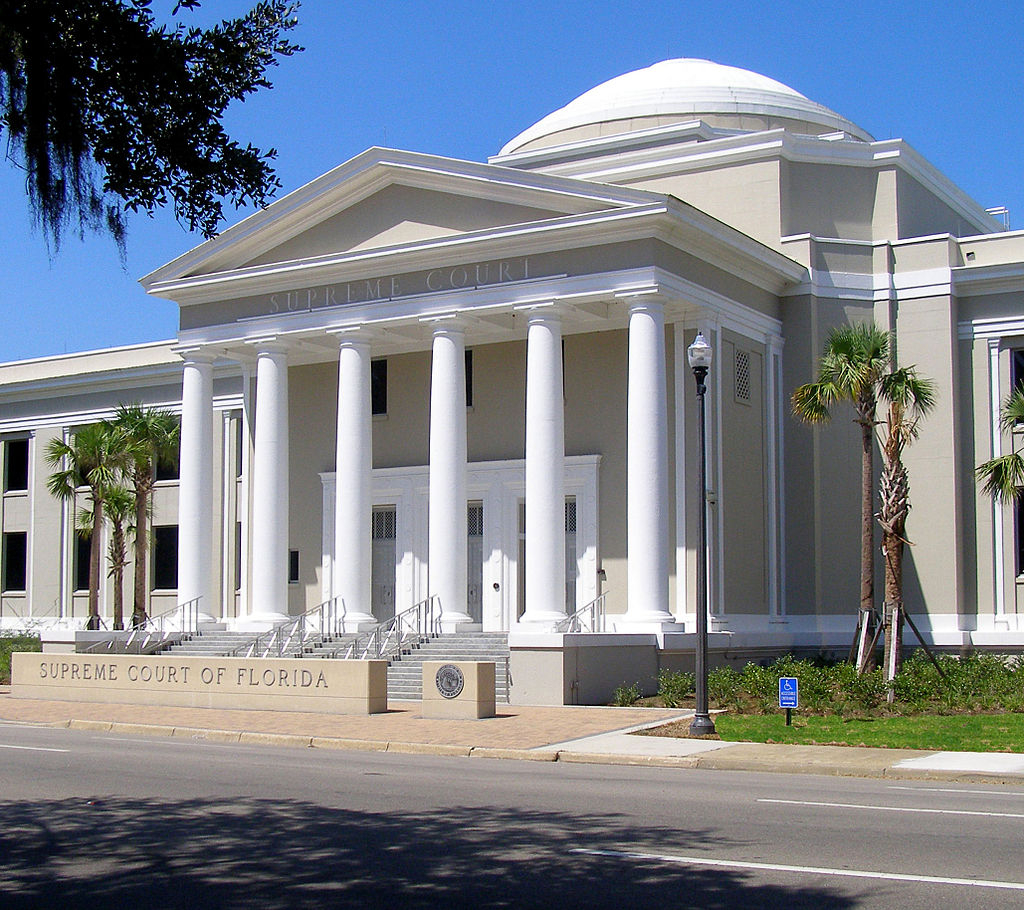
Floridians’ Rights
Under HB 989, Floridians have the right to appeal unwarranted account cancellations and restrictions. These appeals are processed through a coordinated complaint and investigatory procedure managed by the state’s Office of Financial Regulation. This provision aims to protect consumers from arbitrary or biased decisions by financial institutions.
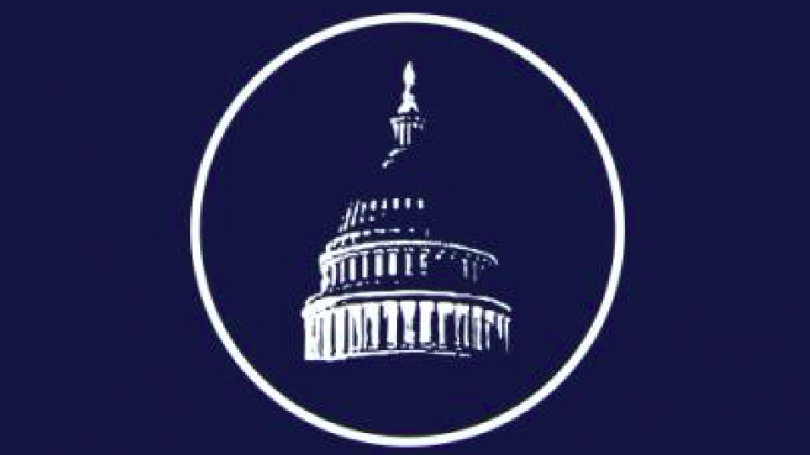
Conflict with Federal Law
While Florida’s law seeks to prevent discrimination, it puts banks in a challenging position. Banks are required by federal law to implement U.S. criminal and national security policies, which include conducting stringent background checks. Compliance with Florida’s broad-based anti-discrimination law might hinder their ability to fulfill these federal obligations.
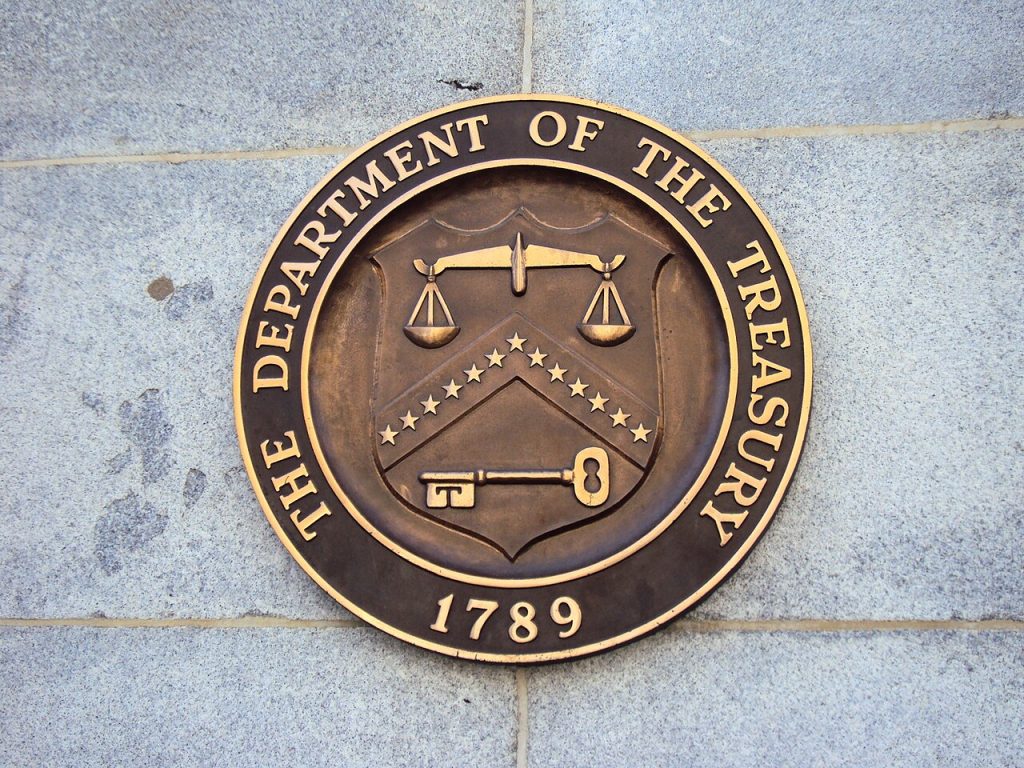
Treasury Department’s Concerns
The U.S. Treasury has openly criticized Florida’s new law, arguing that it interferes with financial institutions’ ability to perform necessary risk assessments. In a letter to lawmakers, Treasury Undersecretary Brian Nelson emphasized the importance of banks being able to scrutinize customers to prevent money laundering and counter terrorist financing. He warned that state laws obstructing these processes could heighten national security risks.

National Security Risks
The Treasury Department warns that Florida’s law and similar laws in other states could increase the risk of international drug traffickers, transnational organized criminals, terrorists, and corrupt foreign officials exploiting the U.S. financial system. By limiting banks’ ability to perform comprehensive risk assessments, these laws could undermine efforts to prevent money laundering and evade sanctions, thereby threatening national security.
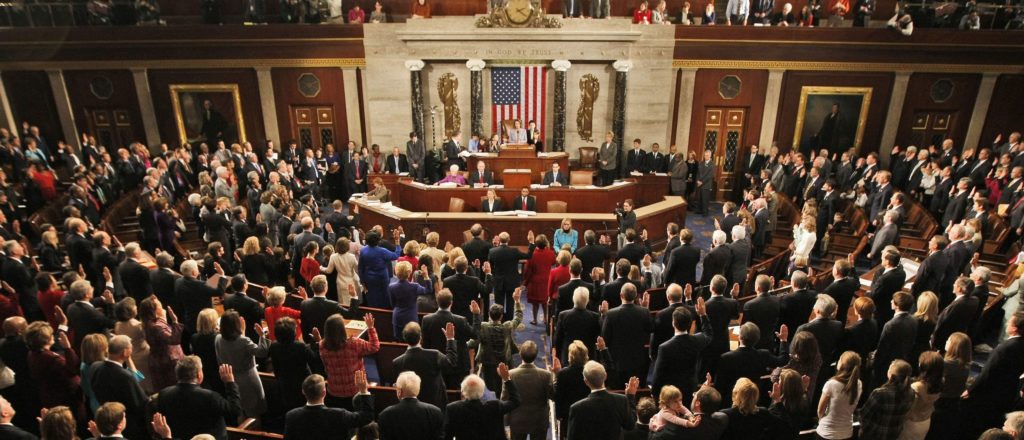
Congressional Response
In response to the potential risks posed by these debanking laws, Representatives Josh Gottheimer, Blaine Luetkemeyer, and Brad Sherman expressed their concerns. They highlighted the negative impact such laws could have on national security. The Treasury’s letter was a direct response to their July 8 request for an evaluation of the implications of these state laws.
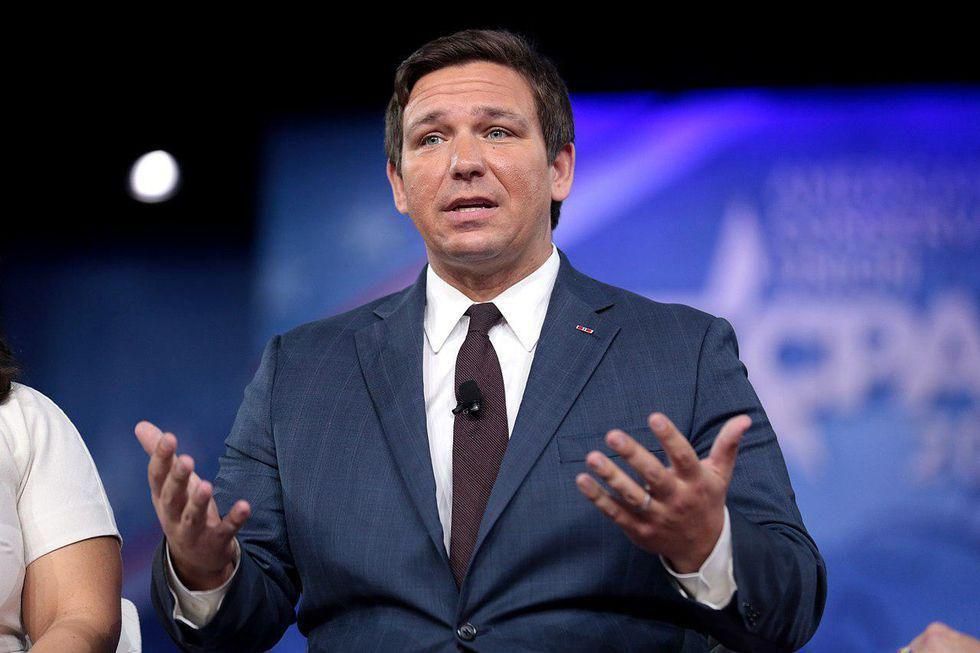
Conclusion
The debate between state and federal authorities over Florida’s anti-woke banking law continues. While the state aims to protect consumers from ideological discrimination, the federal government stresses the importance of thorough risk assessments for national security. States considering similar laws are urged to weigh the potential national security risks carefully before implementation. Balancing consumer protections with the need for stringent financial oversight remains a critical challenge.





